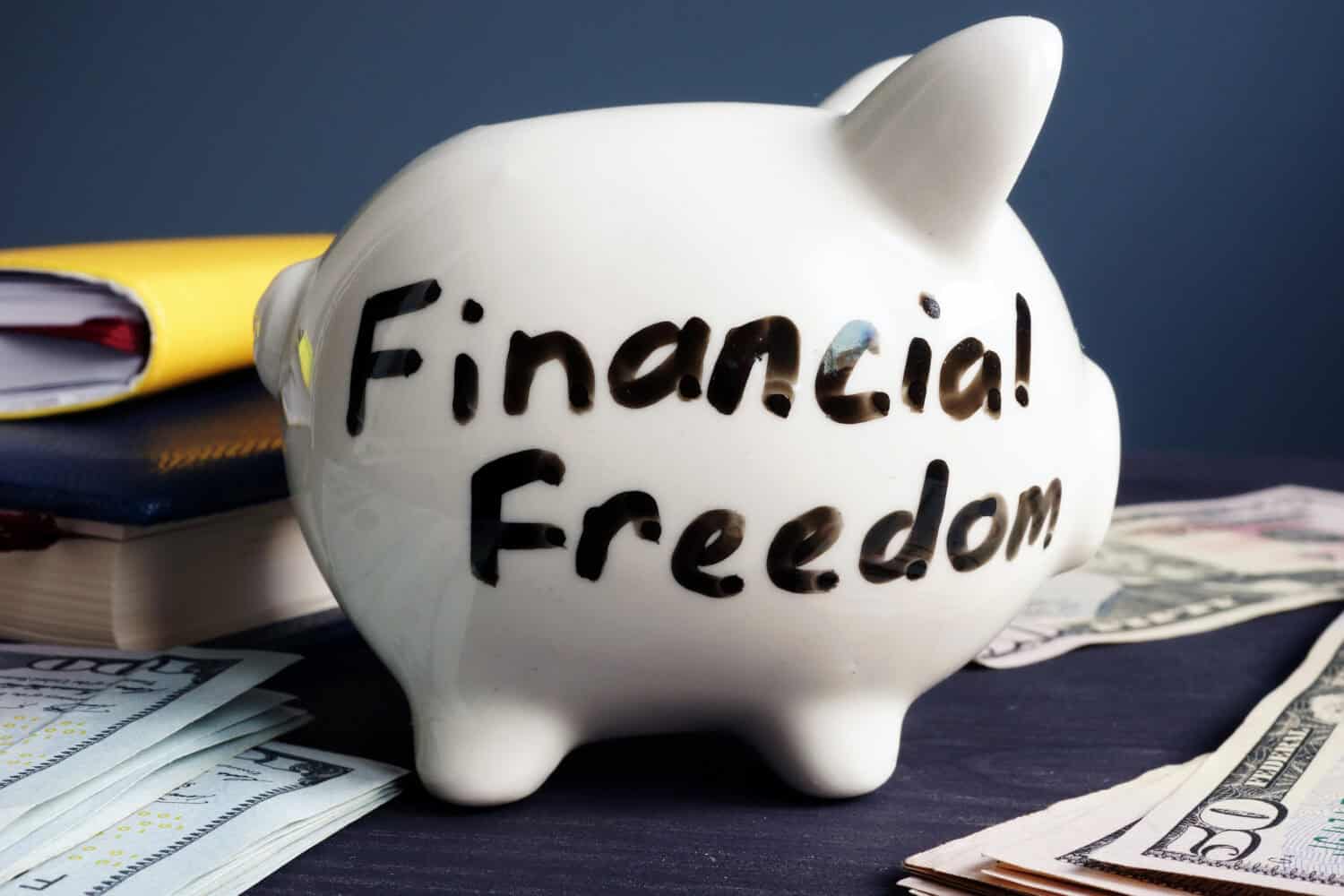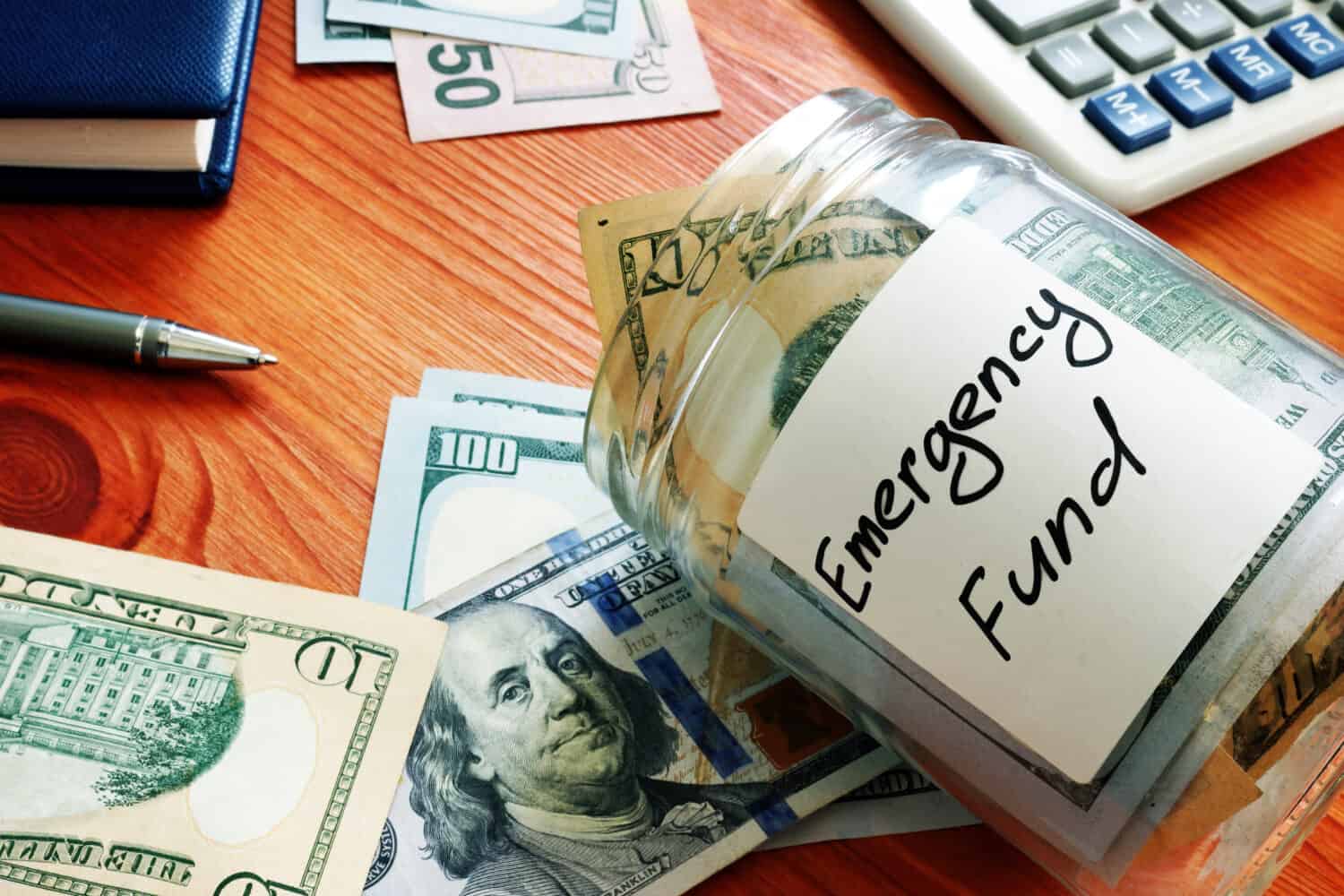Personal Finance
7 Quotes From Rachel Cruze Every Paycheck to Paycheck Family Should Hear

Published:

American author, speaker and personal finance coach Rachel Cruze has traveled the country, sharing guidance on getting out of debt and building wealth. She also penned the book, Smart Money Smart Kids along with her father, Dave Ramsey, a radio personality who also offers sound financial advice to his fan base. So, we thought it may be a good idea to share some of her wisdom when it comes to family finances.

To become financially free, take control of your debt by budgeting, build a safety net of savings, and attempt to create passive income. To get there, set goals, follow a budget, save, pay off debt, and invest in the future with the help of a financial expert.

Every month, list your monthly income and your expenses. Then subtract your total expenses from your total income. “The amount remaining should be zero — if it’s not, that just means something in your budget needs a little adjusting. If you have extra money left over, put that money toward paying off debt or add it to another category in your budget,” she explains in the Fremont News-Messenger.

One of the most essential ways to control your money is with a budget. It helps you figure out where your money needs to go before you spend it.

If you have items that normally bust your budget, create and fill an envelope with cash allotted to that particular expense. Then, once you’ve reached your goal, allow yourself to spend what you have in that envelope and nothing more until that envelope is refilled.

As I mentioned on September 14, “As of the second quarter, American households have about $17.796 trillion in debt, which breaks down to about $104,215 per household. Mortgage debt makes up about 70% of the household debt. Credit card debt is up to $1.142 trillion, with households seeing an average balance of $6,501 in addition to hefty interest debt. Meanwhile, nearly a fifth of Americans have no emergency savings to speak of.”
That’s not safe at all, especially if you’re faced with an emergency.
According to Rachel Cruze, start out with an emergency fund goal of $1,000 and build it to cover three to six months of expenses. Not only should this money be easily accessible, but it should also be kept separate from other accounts you dip into far more often.

Take control of your debt. Granted, it’s easier said than done.
However, as I also said on September 14, “One is to focus on the smaller balances first. That way, you free up even more cash for the heavier debt. Then, once the smaller debts are paid off, you now have new cash flow to tackle to make extra payments on higher interest balances. Two, you could make just minimum payments on all of your debt and put a chunk into the expense with the most interest.”

If you feel this way, again, create a budget. Cut your expenses. Shop around for cheaper options. Bring in extra money if you can. And learn to say no, she adds.
Retirement can be daunting, but it doesn’t need to be.
Imagine having an expert in your corner to help you with your financial goals. Someone to help you determine if you’re ahead, behind, or right on track. With SmartAsset, that’s not just a dream—it’s reality. This free tool connects you with pre-screened financial advisors who work in your best interests. It’s quick, it’s easy, so take the leap today and start planning smarter!
Don’t waste another minute; get started right here and help your retirement dreams become a retirement reality.
Thank you for reading! Have some feedback for us?
Contact the 24/7 Wall St. editorial team.